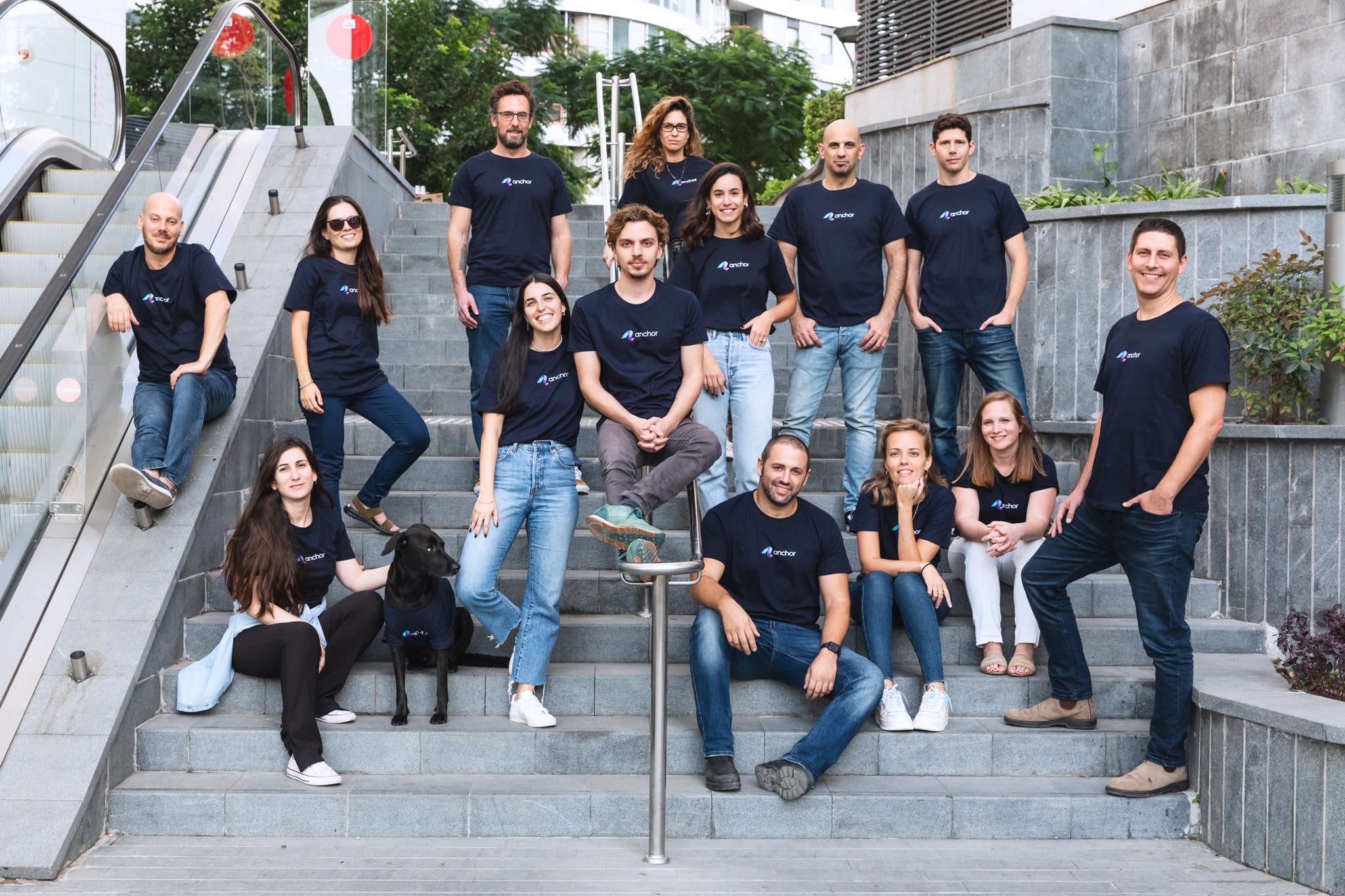Companies often spend an incommensurate amount of time chasing overdue payments, which distracts them from their core businesses, and brings forth cash flow issues.
The time wastage and other challenges suffered during payment collection mainly stem from a reliance on manual billing cycles and processes, which are laborious, time-consuming, and prone to mistakes and fraud. These are the gaps that Anchor, a US startup with a research and development center in Israel, is out to bridge.
Launched this year, the startup is keen on solving the problems in billing, collection and payment by automating invoicing and remittance tasks — saving businesses the much precious time spent prompting clients to settle payments. The startup’s cloud-based system automates end-to-end billing and payment processes for service providers, a process that also eliminates the issue of late payments.
Anchor announced today that it is now planning to accelerate its growth by expanding its team, partnering with more clients and launching a marketing drive after landing $15 million in seed-funding.
“Today marks the beginning of the next payments revolution, making existing B2B payment processes obsolete, and redefining what billing, collections and payments should look like in the modern world. It was important to us to develop a solution that fuels trust in vendor/client relationships and puts an end to invoice fraud and human errors,” said Anchor co-founder and CEO, Rom Lakritz.
“By doing so, we’re allowing payments to flow autonomously between service providers and businesses, of all sizes. Within a few years, we aim for Anchor to become a foundational element and the gold standard for how businesses do business,” said Lakritz.

Anchor is a U.S. autonomous billing startup with a research and development center in Israel.
The funding round was co-led by Rapyd Ventures; the new venture capital arm of Rapyd; Entrée Capital, a venture capital firm that has invested in multiple companies including Monday.com and Riskified and Tal Ventures; an Israel based VC with a portfolio of more than 30 companies, including Rapyd.
Arik Shtilman, CEO of Rapyd said “We knew immediately that Anchor was a company in which we wanted to invest,”“It has its finger on the pulse of the future of payments and has built a modern framework for B2B payments and billing, poised to become necessary for every business,” said Shtilman.
Anchor’s platform connects businesses and their clients through a ‘live online agreement’ while its self-executing end-to-end billing and payments solution covers vendor and client agreement, while managing the invoicing, payment, and reconciliation steps.
The startup’s system enables it to integrate with the client’s payment information and with the service provider’s technologies, such that once the service is delivered, or when the bill is due, invoices are automatically populated and sent as per the contracts.
“The B2B payments space is highly fragmented due to each vertical requiring some level of specialization,” said Avi Eyal, co-founder and managing partner of Entrée Capital.
“Anchor has found such a unique opportunity and we believe it will go on to become a key player in the industry through the deployment of its solutions to thousands of service-oriented businesses,” said Eyal.
Cash flow problems are the greatest impediments to growth especially for small-medium enterprises world over. Yet, late payment is the main reason why these small businesses — which are the backbone of most economies — face cash flow challenges. In the US, small businesses account for 44% of economic activity.
A survey by Melio and YouGov shows that most businesses in the US experience late payments with 25 of the companies interviewed stating that they are forced to wait up to 30 days past the payment due date — making it hard for them to keep their businesses open.
But these challenges can be eliminated using technology.
“The challenges of billing and collections, which make paying a vendor a hefty process, stem from the human element,” he said.
“If people could trust the invoices, they receive from service providers just like they trust machine-generated invoices from their Spotify and Amazon accounts, billing and payments would no longer be a painful process, and cash would easily flow in a market estimated at over $120 trillion annually.”
Credit: Source link





















